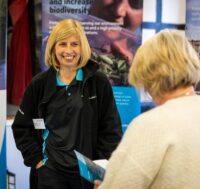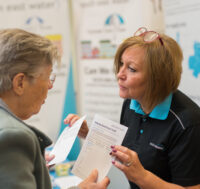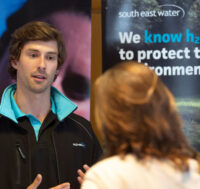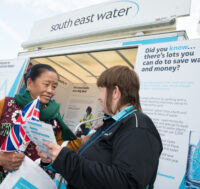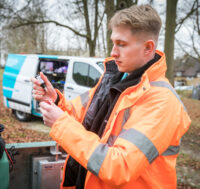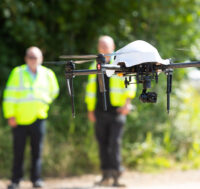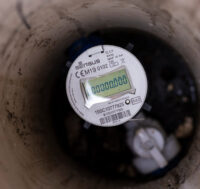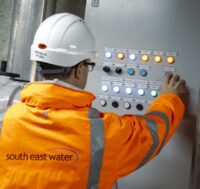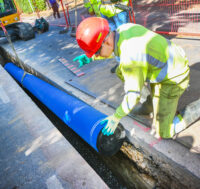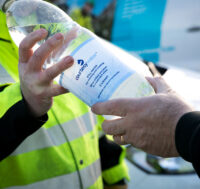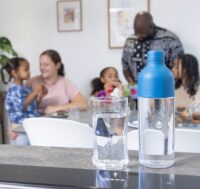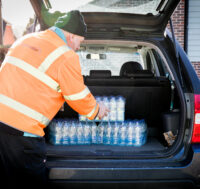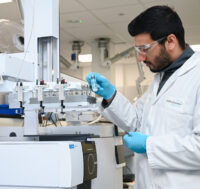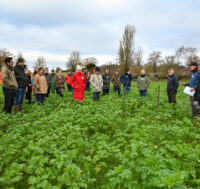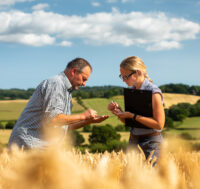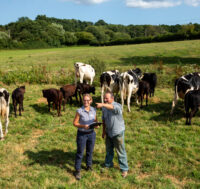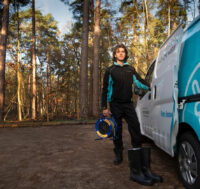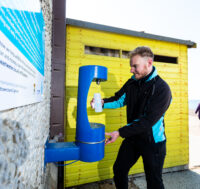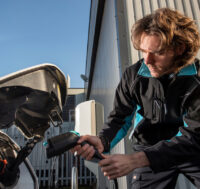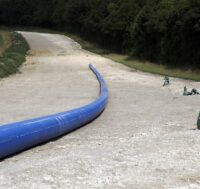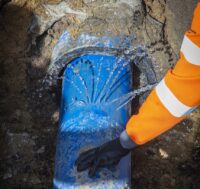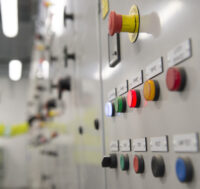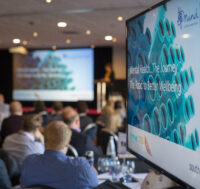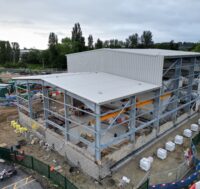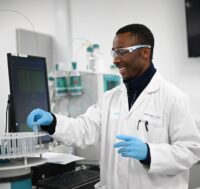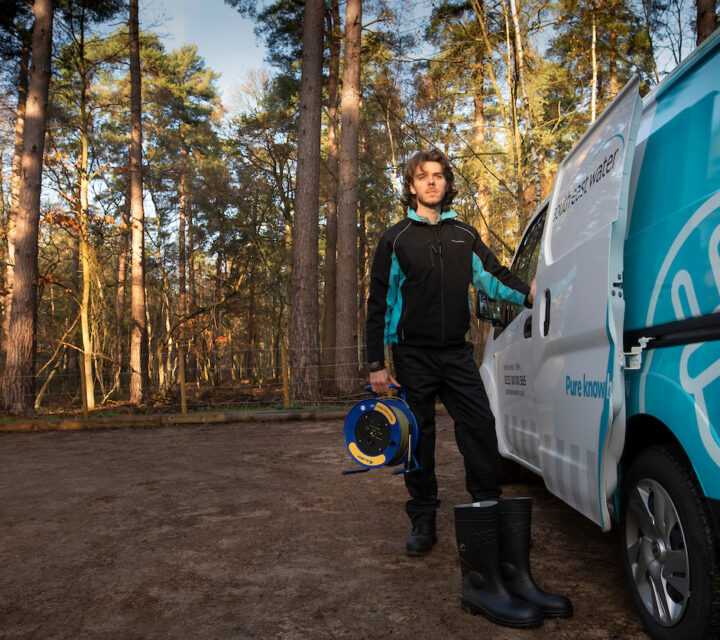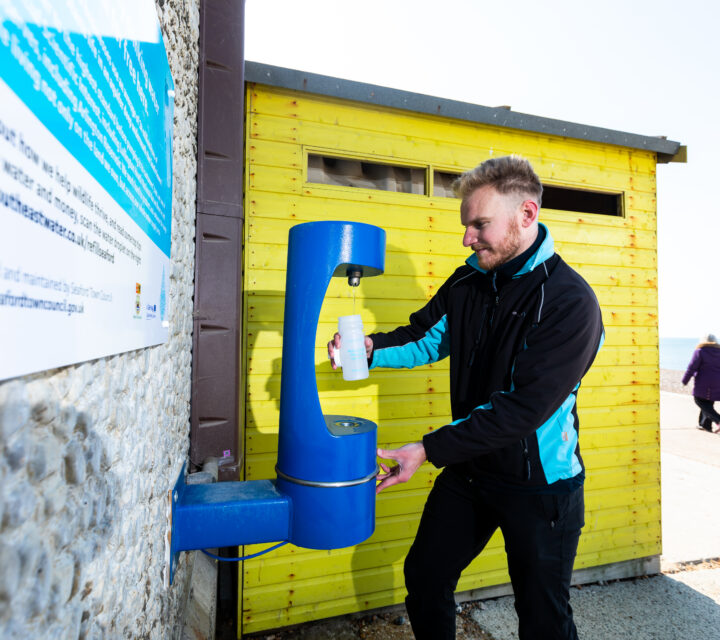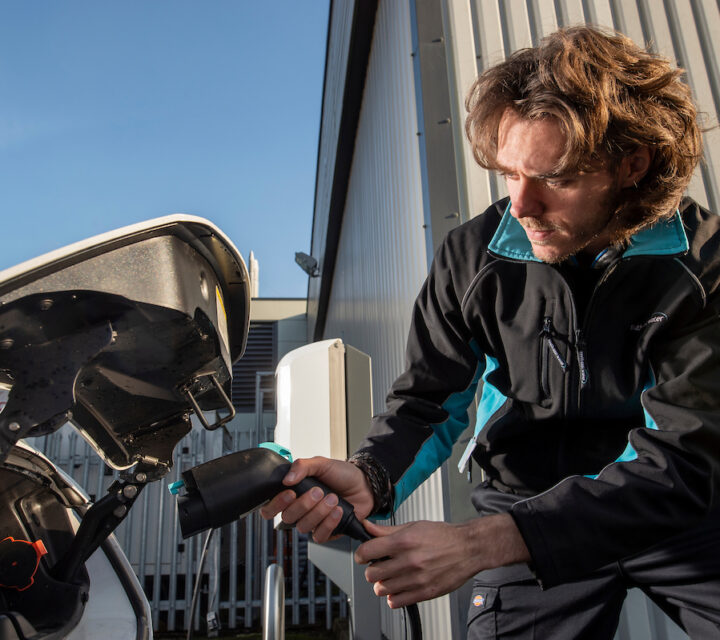Introduction by Matt Hersey, Carbon Strategy and Economic Manager
As a responsible company we want to improve the sustainability of our business by becoming operational net zero carbon by 2030. We remain committed to tackling the causes of climate change and transitioning to low-carbon operations.
Our goal is to secure long term renewable energy supply to cover all our electricity requirements by entering into power purchase agreements (PPA). Entering into a long-term PPA will directly contribute to the development of new renewable energy capacity and enable further decarbonisation at a UK level. We hope to announce details of our first PPA for 40 per cent of our energy needs in the near future. This is an excellent carbon zero project and should spearhead the next stage to organise a second PPA for another 40 per cent of our energy needs.
We aim to cover the remaining 20 per cent with our own on-site solar projects. We have an agreement with a third-party investor to install renewable solar energy on 20 sites, mainly water treatment works sites. In the future we may be able to work with local communities to use some of our solar projects to provide wider community benefit.
Where appropriate, we also want to consider combining onsite battery storage alongside solar generation. This would allow us to extend solar energy beyond daylight hours and would also give sites more resilience in the event of grid outages. A pilot project is currently running at Ospringe in Kent where we are using a battery to replace a diesel generator.
A new company-wide electric vehicle (EV) salary sacrifice scheme for employees, allowing them to lease an electric vehicle at a significantly reduced cost, is nearing sign-off. This will reduce the carbon footprint of the journeys they make for work while supporting our environmental ambitions.
We’re continuing to invest in our own EV infrastructure. During the year we’ve increased the number of EV charging points across company sites by 10 per cent. We are also planning a power capacity upgrade investment at our head office site at Snodland to accommodate more charging points.
We now have 16 EV vans in our fleet, having added six vans to the fleet in 2024/2025 – that’s a 60 per cent increase. 100 per cent of our company car fleet is now either electric or hybrid. We are currently working with a specialist EV consultant who is using our tracking system and other information to map out a comprehensive EV strategy for us before we can finalise a plan to increase our EV fleet further. Battery range, the current cost of EVs compared to diesel versions and the battery charging infrastructure on site and at home are all issues we need to assess and resolve as part of our strategy. We need to ensure that any future investment in EVs does not compromise our frontline operational capability due to the 24/7 nature of our business.
We remain involved with a UK-wide utility fleet forum which regularly meets to discuss these issues as well as sharing insight, ideas and best practice. The result of the review of the Final Determination by the CMA may also impact on the investment in this area as we plan to decarbonise our commercial fleet by 70 per cent by 2030, subject to funding. The transition to EVs will continue throughout this five-year business period but we need to await the CMA review before we know to what level we’ll be able to progress the transition.


